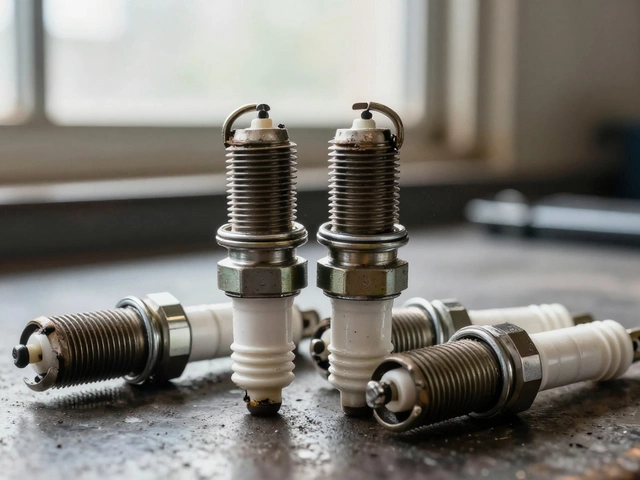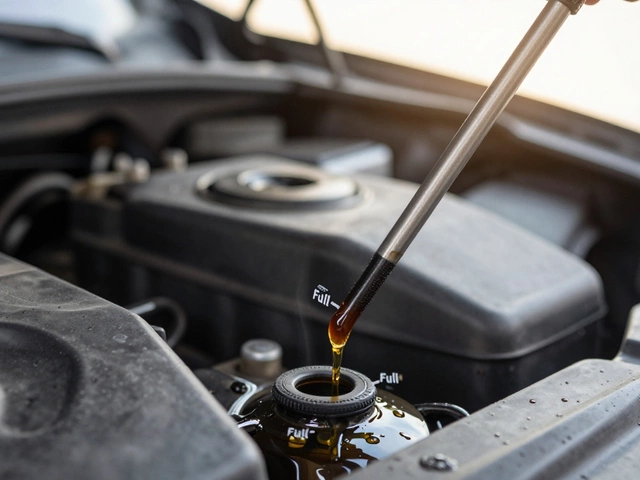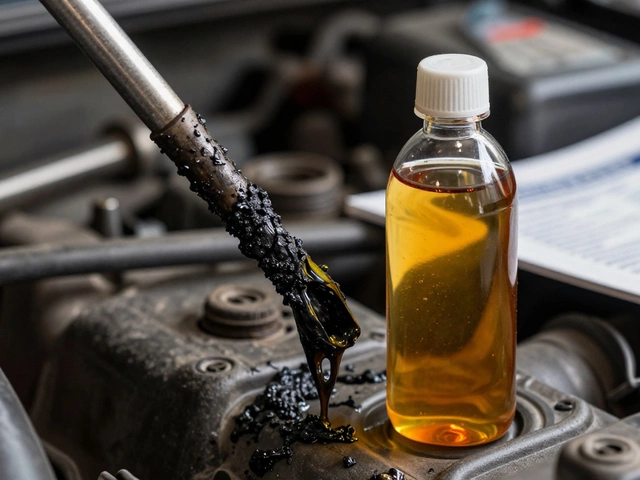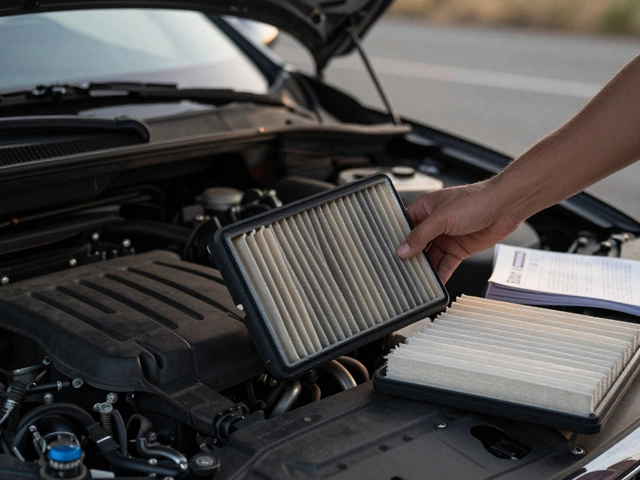
Engine Maintenance: Key Signs, Common Issues, and How to Keep Your Car Running
When you think about engine maintenance, the routine care that keeps your car’s engine running smoothly and prevents costly breakdowns. Also known as vehicle engine care, it’s not just about changing oil—it’s about spotting small problems before they turn into big repairs. Most people wait until something breaks, but the smart ones check for warning signs early. A dirty engine oil symptom, like dark sludge or a burnt smell, isn’t just a mess—it’s a red flag that your engine is starving for protection. Ignoring it can lead to overheating, seized pistons, or worse.
Car radiators, the core of your engine’s cooling system, even in modern and electric vehicles. Also known as engine cooling systems, they’re still essential, even if they’re smaller now. If your radiator is clogged, leaking, or your coolant is low, your engine overheats fast. And overheating doesn’t just stall your car—it can crack the block. Then there’s the fuel pump, the part that pushes gas from your tank to the engine. When it starts failing, you’ll hear a whine, feel sputtering, or worse—your car won’t start at all. And let’s not forget the clutch wear, the gradual breakdown of the clutch plate from aggressive driving or poor shifting habits. It doesn’t always scream for help. Sometimes it just slips, grinds, or feels spongy when you press the pedal.
Engine maintenance isn’t about following a calendar. It’s about listening to your car. A strange noise? A smell? A delay when you press the gas? Those aren’t just inconveniences—they’re clues. You don’t need to be a mechanic to spot them. Check your oil regularly. Look under the hood for leaks. Listen to how the engine sounds when it’s cold. These small habits save you from being stranded on the side of the road or paying for a new engine. The posts below cover exactly these kinds of real-world issues: how to tell if your oil is bad, why your radiator might be failing even in a new car, what a dying fuel pump actually sounds like, and how clutch wear creeps up on you without warning. You’ll find practical checks, cost estimates, and fixes you can do yourself—or know when to walk away and call a pro.
-
17 Mar






